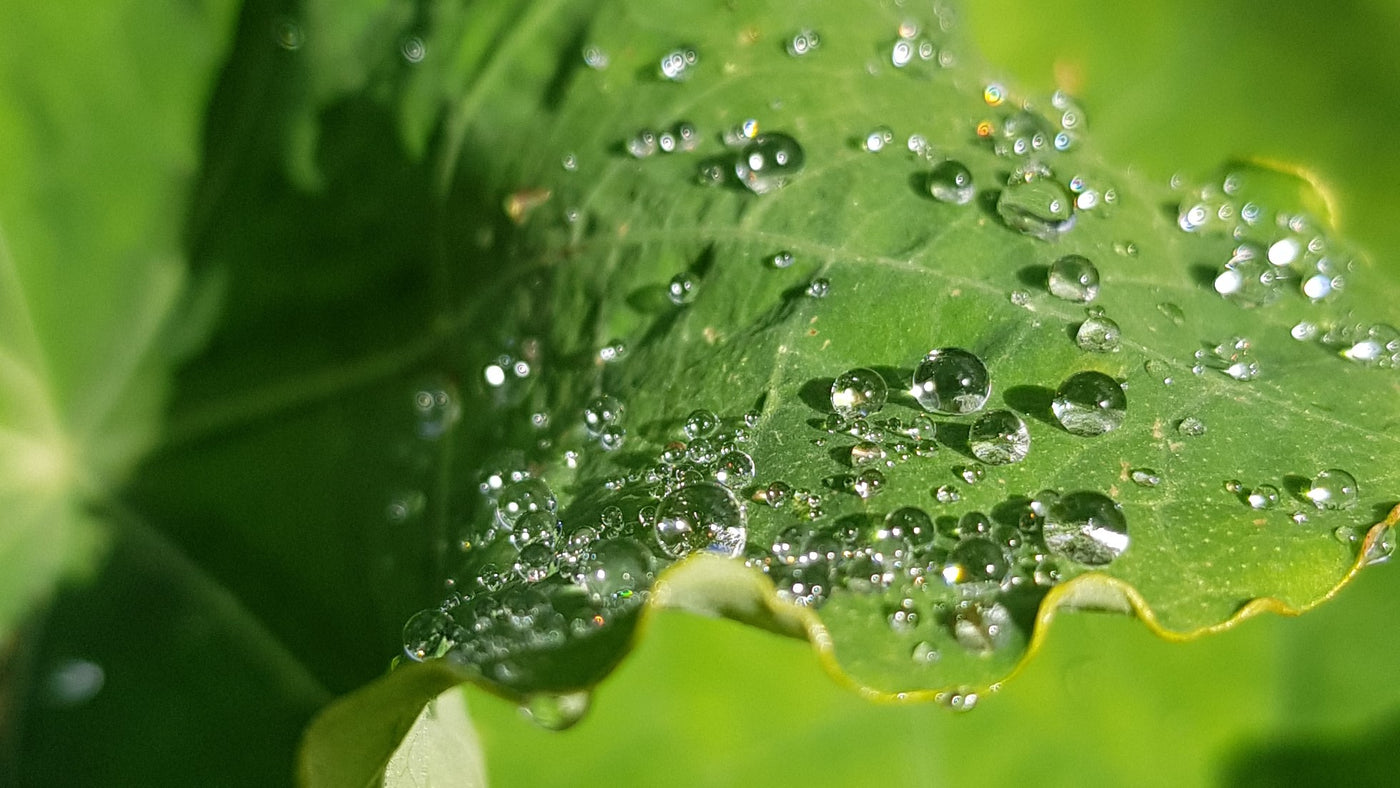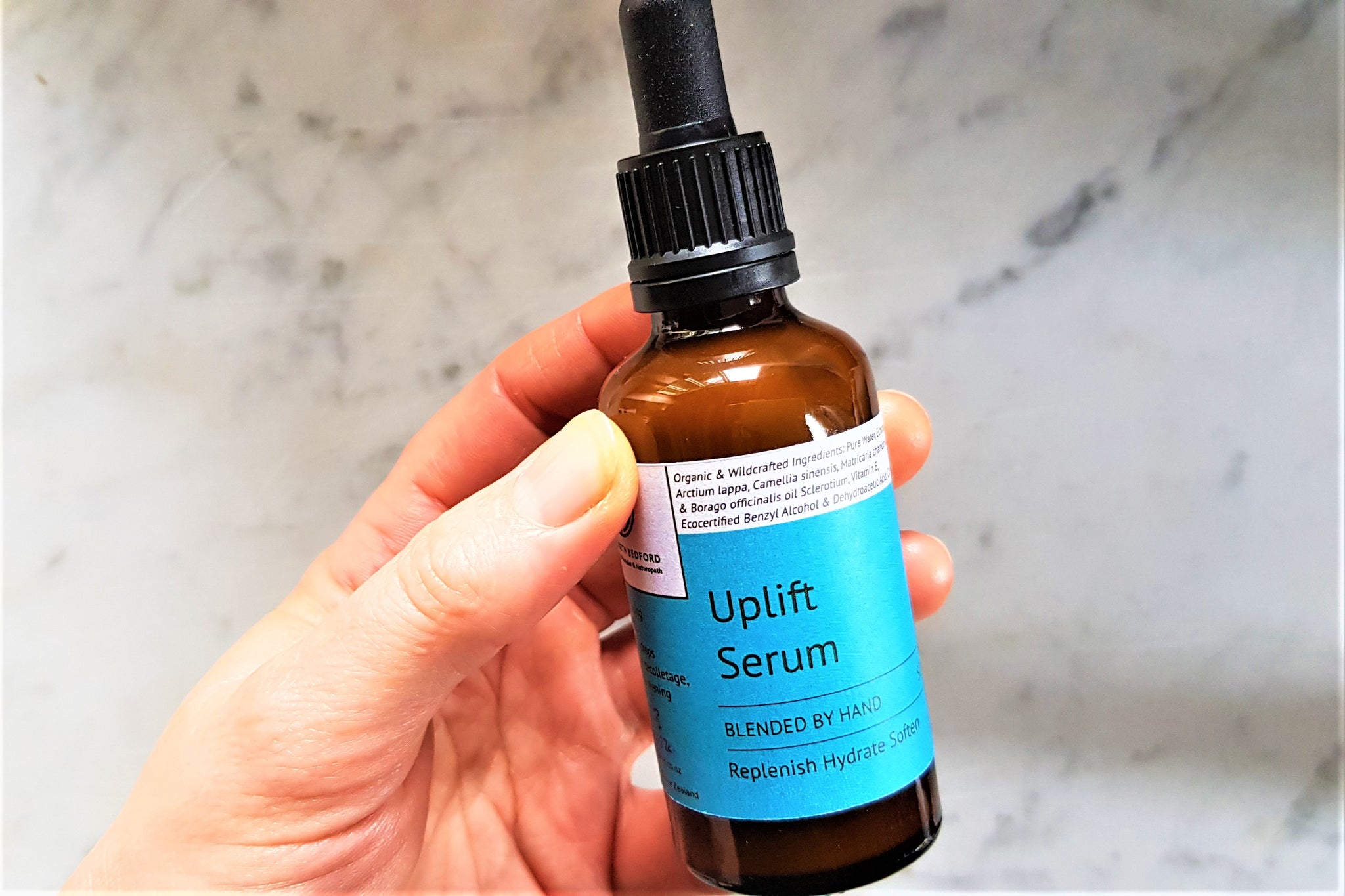
Water. Fundamental, absolutely critical for life. We survive for up to 40 days without food. We die in 5 without water.
Critical for communication, water is how everything, from nerve messages to nutrients, is transported.
But it’s easy to get cynical about it all when it seems every second business is trying to sell you a fancy water, or tell you you need to drink more…
It’s a discussion I have in practice all the time. Common questions: How much do we really need? 2L per day? Ministry of Health guidelines mention 0.033L x kg/body weight? Does coffee and tea count or counter? What if you have soup for lunch, does that count? I don’t get thirsty, so why would I need to drink more?
First, the question is actually, how much do YOU need? You can’t be reduced to a calculation. It depends on what you do, what you eat, and what’s happening in your life. Lots of exercise making you sweat out fluid and minerals or air con drying out your nasal passages? Lots of breads or lots of veges? Stressed, sedentary or sick?
Second, lets just put it on the table; it’s possible to drink too much water, flush too much out, and become depleted of minerals. This is one reason athletes drink electrolyte solutions- they replenish minerals and water.
Third, it’s not always about getting water in...sometimes your body just isn’t so good at getting hydration where it’s needed, and the water goes straight through and out without sorting things out. This is where herbs and minerals are good to add to that water...
Fourth, there’s a difference between how much you need to survive, and how much is ideal.
Your body triages everything. If it isn’t getting all the water it wants, it’ll prioritise.
Hints it might send you:
Aching muscles
Constipation
Itchy skin
Breakouts
Brain fog
Urinary tract issues
Fatigue
Things your body does with water
The kidneys need water because their job is to filter the blood, so they want lots of fluid to flush things through. Without enough water, salts and acids precipitate to form crystals...which can become kidney stones.
Your urine is one indicator of your hydration status: Pale is generally OK. Dark is not. Take responsibility - learn what’s right for you and drink accordingly.
The joints and muscles need water to lubricate them, and to carry away the metabolic wastes that form from daily movement. Aches and pains can come from insufficient fluids.
The cells and nerves need water because that's the medium through which everything communicates. Energy can dip without good cellular function. Pain can seem greater when dehydrated.
The brain needs water...brain fog can occur because of dehydration. The brain has a lot of communication to get through!
Your skin! To be glowing and clear and healthy, it needs fluids to stay plump, and to carry away metabolic wastes.
Your digestive tract uses water not only to process and transport nutrients through the intestinal wall into the bloodstream, but also to bulk and move the waste. If you don’t hydrate enough, your stool will sit in the bowel while as much water as possible is sucked back into the body. While that happens...wastes get absorbed back in as well.
Your blood is a key transport medium, carrying nutrients and oxygen to cells, moving immune cells, taking out the garbage... it relies on water to support the right consistency and the right volume to function effectively.
So how much water do we REALLY need then?
Almost everyone I see says they’re drinking plenty of fluids. Almost everyone is wrong. Sorry, but there it is. A general rule of thumb is that you should be drinking 33 mL per kg of your weight per day, as mentioned above.
So, this means that if you’re 68kg, 2 litres is quite possibly your sweet spot. 2 litres is not a few cups of tea and half-full glasses of water that you leave half drunk. It can be quite a lot of work.
If you get a drink bottle (please, NOT plastic or aluminum!) and measure it for a few days, you’ll work it out.
You’ll probably also go to the toilet a LOT for a few days, as your body takes a while to get used to having enough fluids to shunt around everywhere it needs it. Normally, peeing about 5 times a day is expected with good hydration.
Adequate hydration is a foundation for wellbeing. It’s a starting point, not a solution. Drinking water might not be the issue - it might end up that getting the right amounts of sodium, potassium, magnesium and calcium are what you really need.
Some people like to get tested for their mineral levels. Others prefer to go simple- drink more, then analyse.
As a starting point, I suggest you work with that 0.33L calculation for 3 weeks, then reassess.
Ask yourself these questions before and after:
What do I want to change/what has changed?
How much am I peeing?
How do I feel overall?
For some, magical stuff happens. For some, it’s too hard. For some, there’s no real change. That's the excitement of the journey towards controlling your own well-being...


